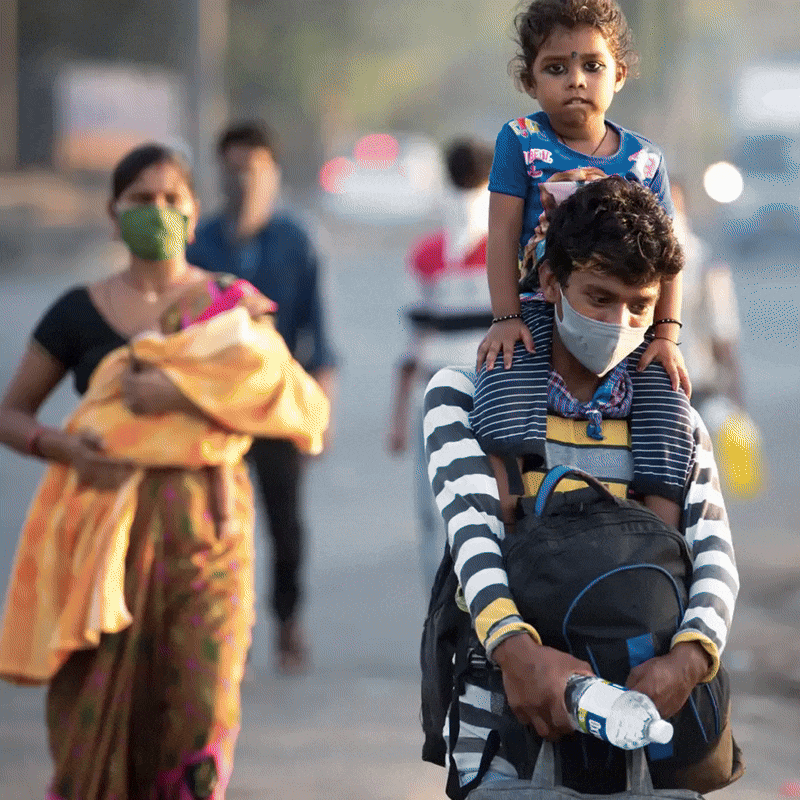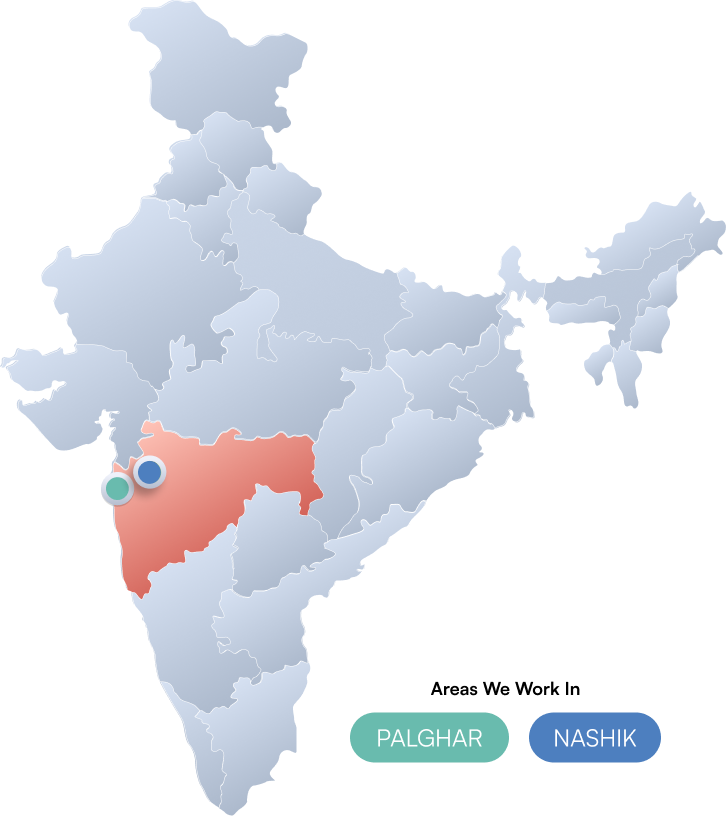From Crisis to Dignity
March 2020 marked an unprecedented moment in our nation’s history. As the pandemic forced a nationwide lockdown, most of us stayed safe within our homes, unsure of what lay ahead. But outside, another reality unfolded — thousands of migrant workers, stripped of livelihoods overnight, set out on heartbreaking journeys back to their villages. Images of overcrowded buses, trucks, and families walking or cycling hundreds of kilometers — some never making it home — shook us deeply.
It was then we realised that migration was not a choice, but a compulsion born of lack of opportunities in villages and something had to change.
With this conviction, NeevJivan Foundation was born — to skill, re-skill, and upskill women from the tribal community to build sustainable micro-enterprises in their villages.
By addressing barriers of awareness, finance, and deep-rooted social discrimination, we began creating dignified livelihood opportunities that reduce the need for migration and bring prosperity home.


